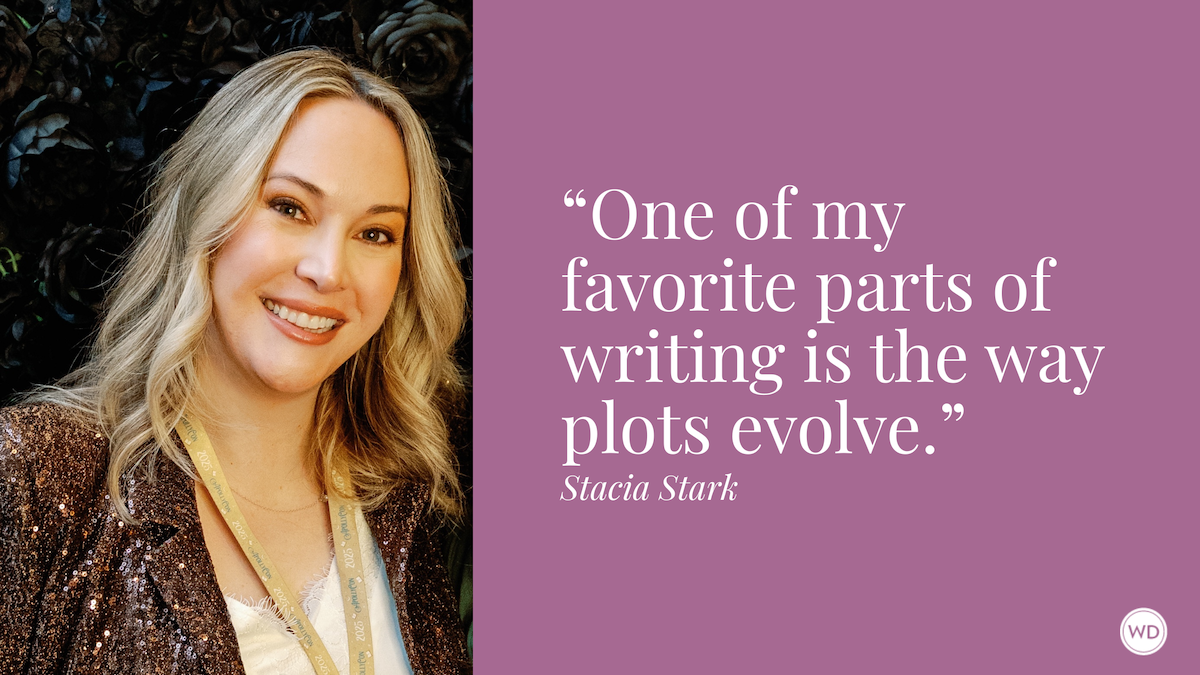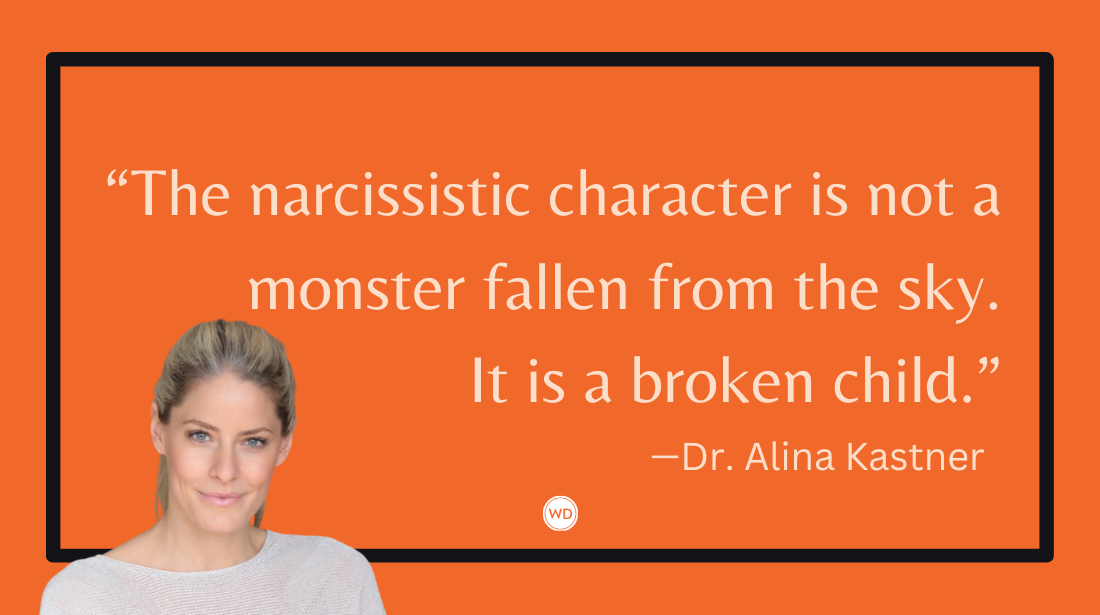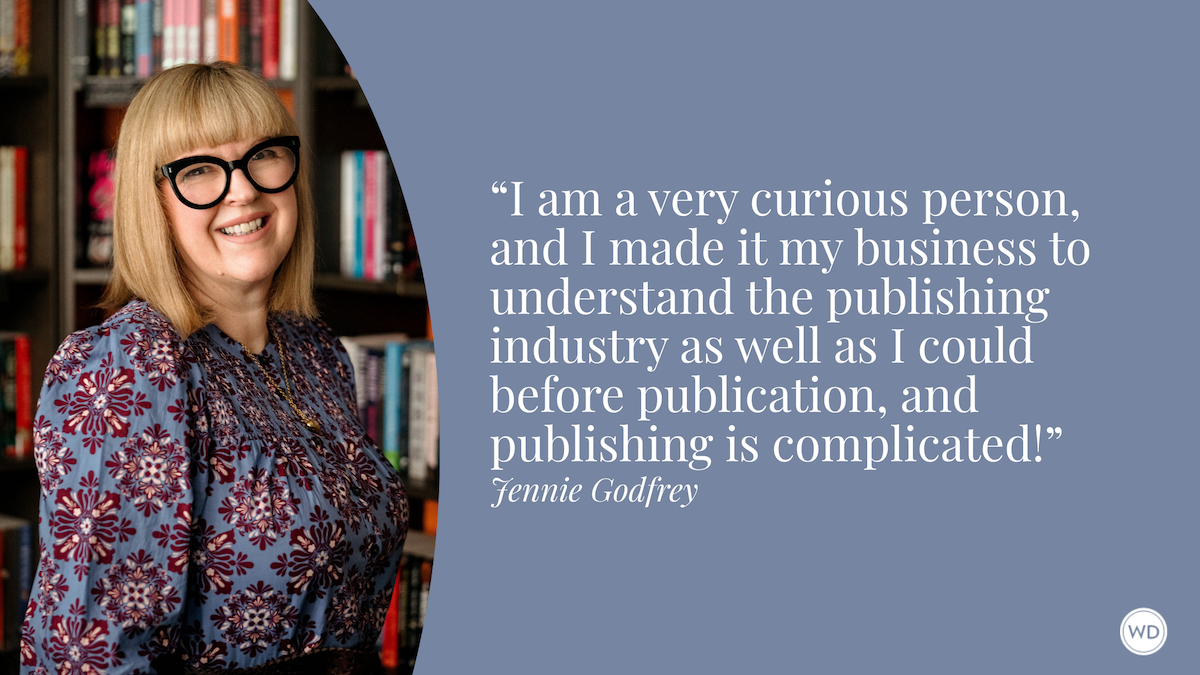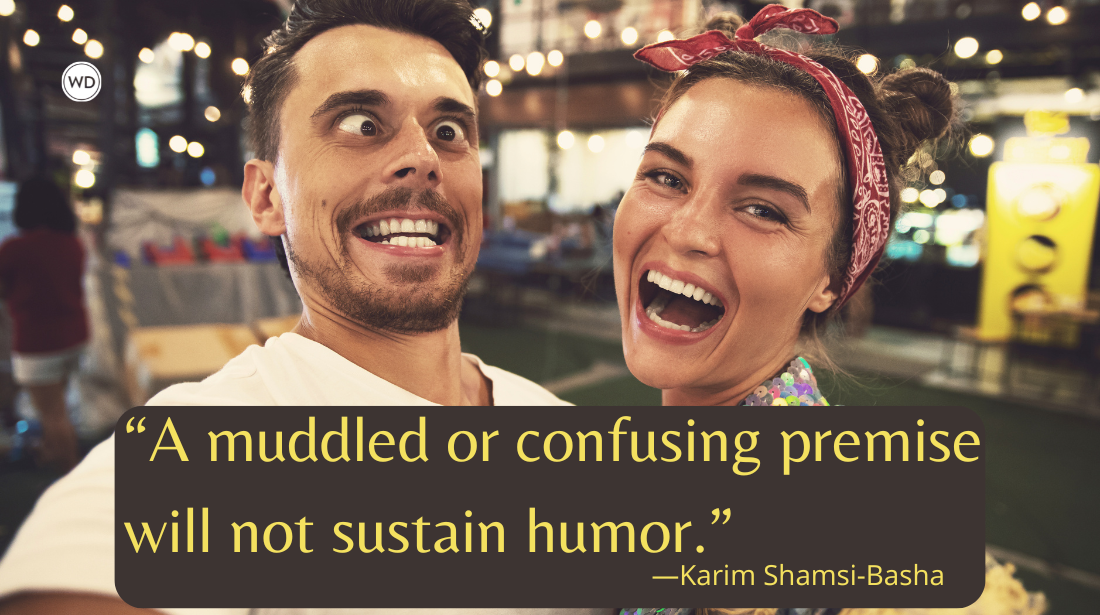20 Homophones Examples for Writers
A homophone is one of two or more words that are pronounced the same but have different spellings. In this post, we share 20 homophones examples for writers.
In conversation, a writer may hear the term "peek," but depending upon the meaning, the word they heard could be spelled one of three ways: peak, peek, or pique. Or they may hear "yore," which could be spelled: yore, you're, or your. This is the fun (and/or dilemma) of dealing with homophones.
A homophone is one of two or more words that are pronounced the same but have different spellings. I provided a couple examples above, but this post collects a few more homophones examples.
This is not an exhaustive list, but I hope it will help illustrate what a homophone is and untangle a few for writers in the process. If you'd like to know more about any of these specific homophones, you can click on the linked terms which go to posts that provide more detailed definitions of the terms along with examples of correct usages.
Enjoy!
20 Homophones Examples for Writers
- Baring vs. bearing. Baring means "to bare," while bearing means "to bear."
- Bolder vs. boulder. Bolder is more bold, and boulder is more rock.
- Canon vs. cannon. Canon is an accepted principle or rule, while cannon is a big gun.
- Cite vs. sight vs. site. In most cases, site refers to a location, sight refers to vision, and cite is something you put in a report.
- Creak vs. creek. Creak is a noise, while creek is a small stream of water.
- Hole vs. whole. Hole refers to an opening in something, whole means complete.
- Incite vs. insight. Incite means to rile up, while insight refers to the ability to see the inner nature of someone or something.
- It's vs. its. It's is a contraction of the words "it" and "is," while its is the possessive form of it.
- Peak vs. peek vs. pique. Peak means maximum height, peek refers to looking, and pique gets your interest.
- Rain vs. reign vs. rein. Rain is water that falls from the sky, reign is a period of time, and rein is a leather strap.
- Real vs. reel. Reel is something that holds film or string, while real is genuine.
- Role vs. roll. Role is a part you act, while roll has several meanings, including the action of rolling and a carb-loaded food.
- Sole vs. soul. Sole has to do with the foot, while soul is more spiritual.
- Stationary vs. stationery. Stationary means staying in one spot; stationery is paper and envelopes.
- Steal vs. steel. Steal means to take without permission, while steel is a metal.
- Tail vs. tale. A tale is a story; a tail follows you around.
- Their vs. there vs. they're. There is a positional indicator, they're is a contraction of "they" and "are," and their is the possessive form of they.
- Waist vs. waste. Waist is your middle area, while waste is something you throw away or misuse.
- Wear vs. where. Where is a place, and wear means to put something on.
- Yore vs. you're vs. your. Yore refers to the past; you're is the contraction of "you" and "are"; and your is the possessive of you.
*****
No matter what type of writing you do, mastering the fundamentals of grammar and mechanics is an important first step to having a successful writing career.









